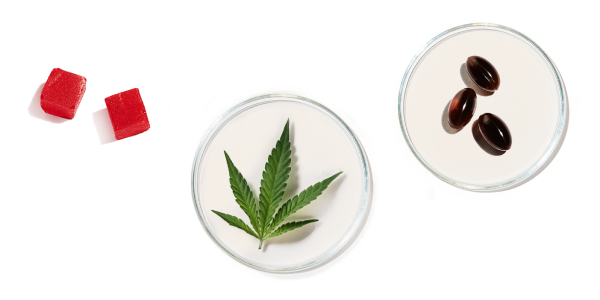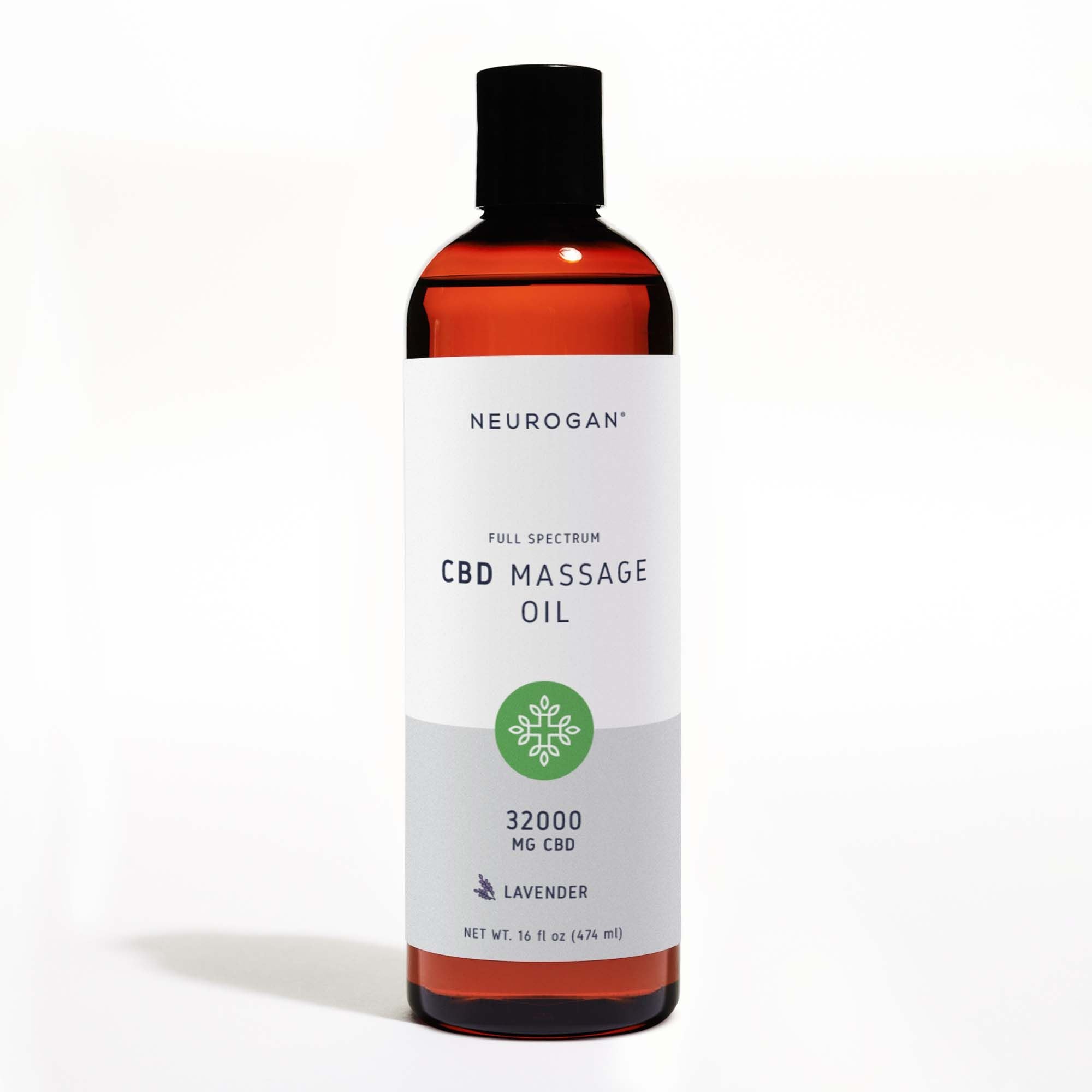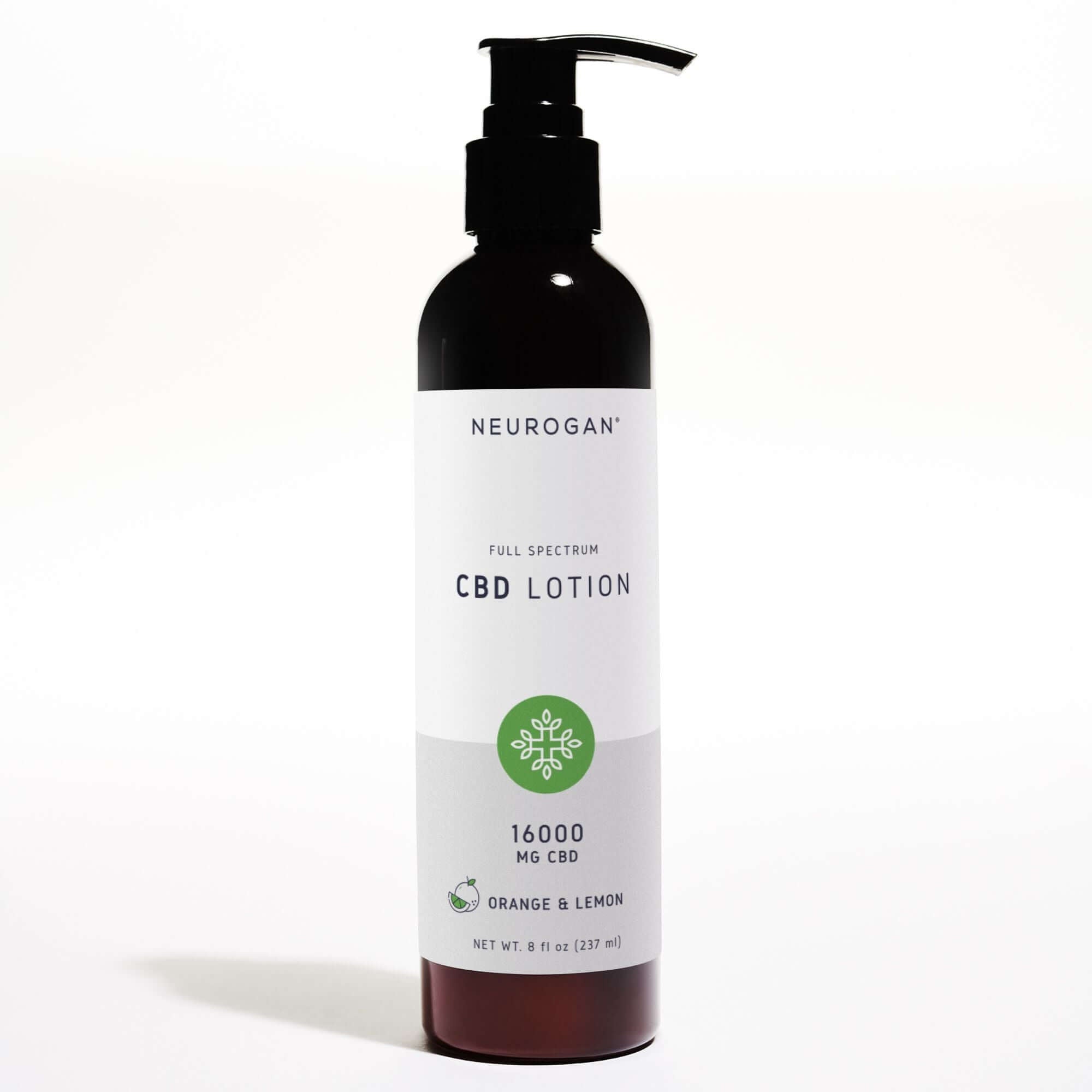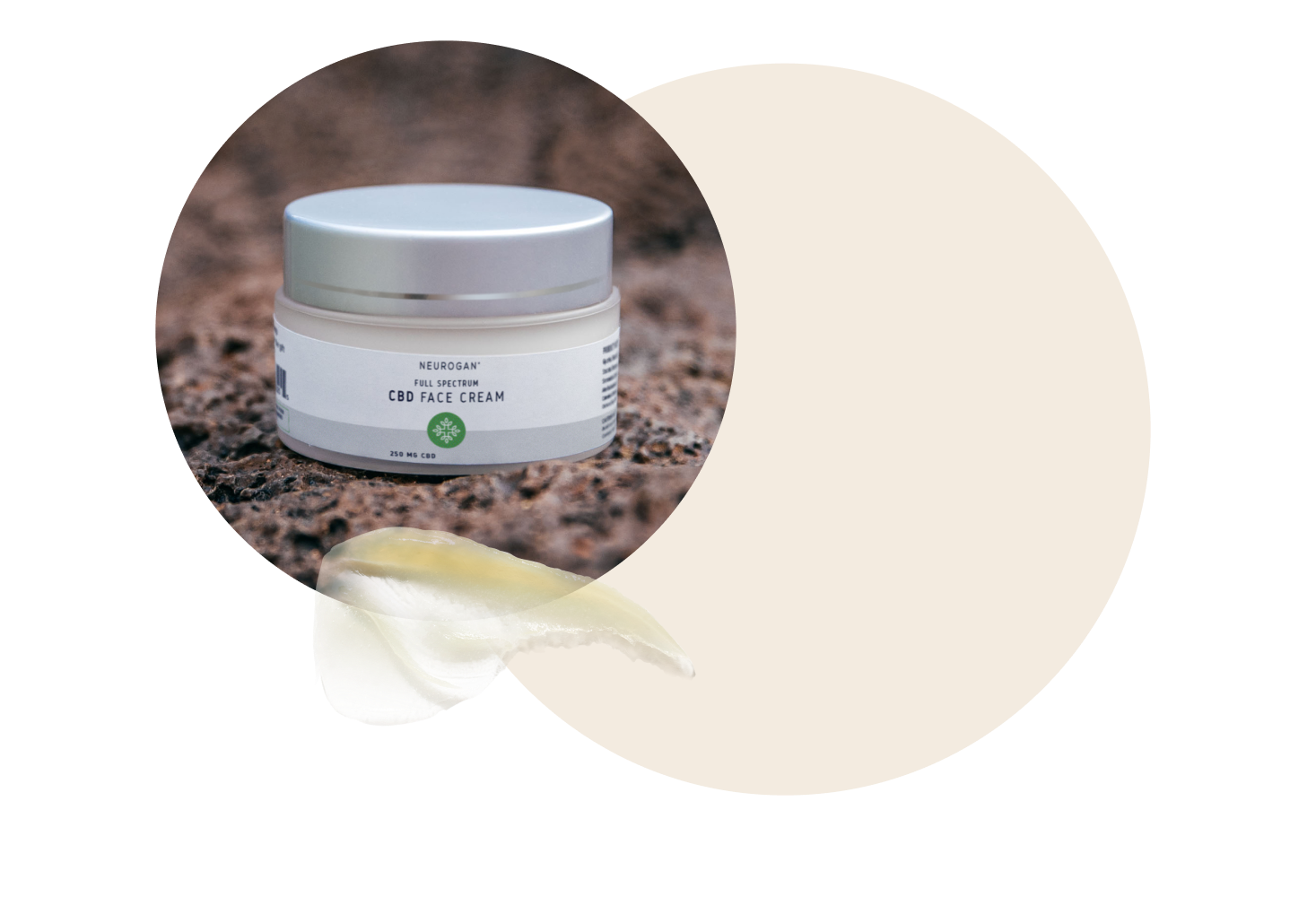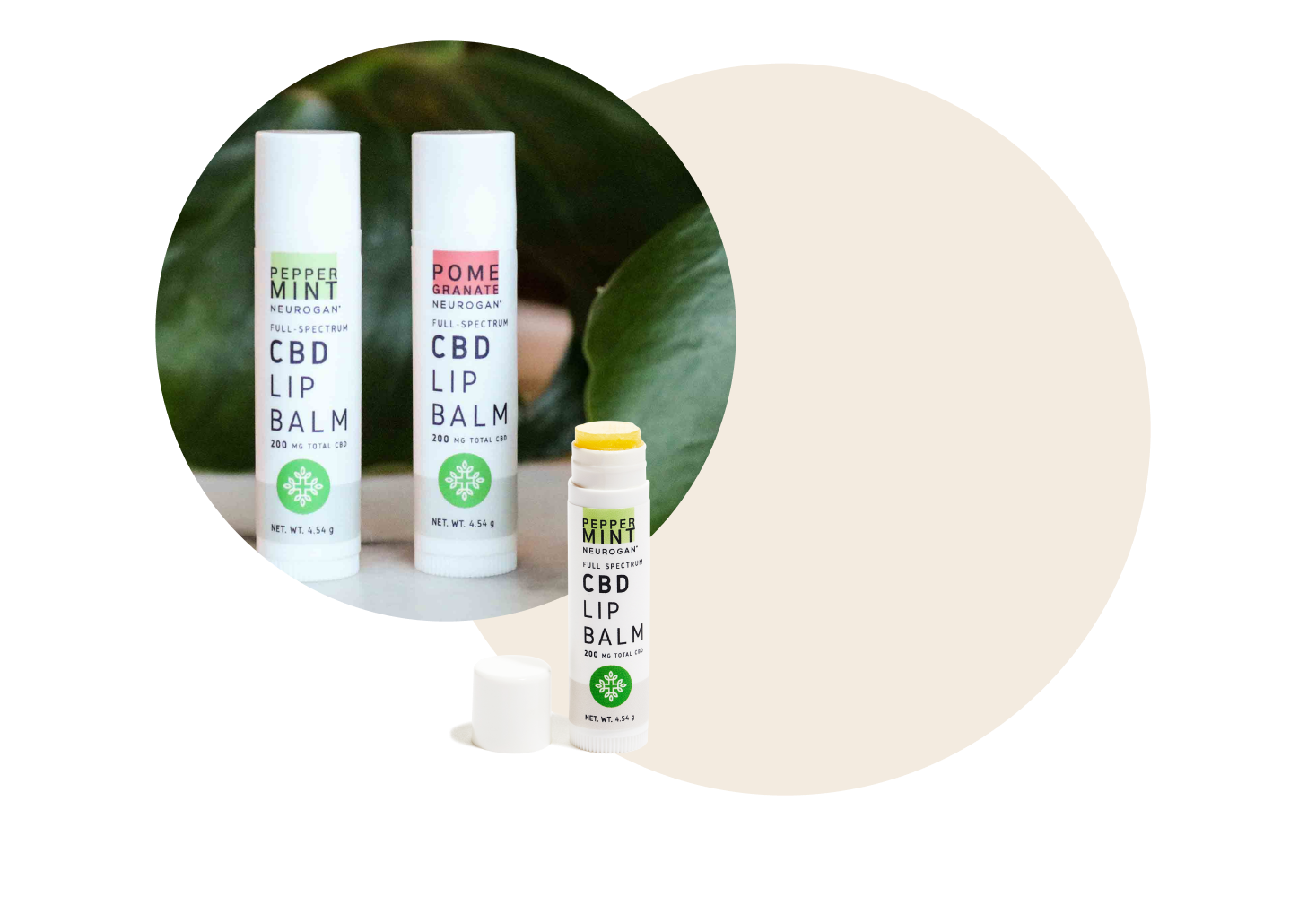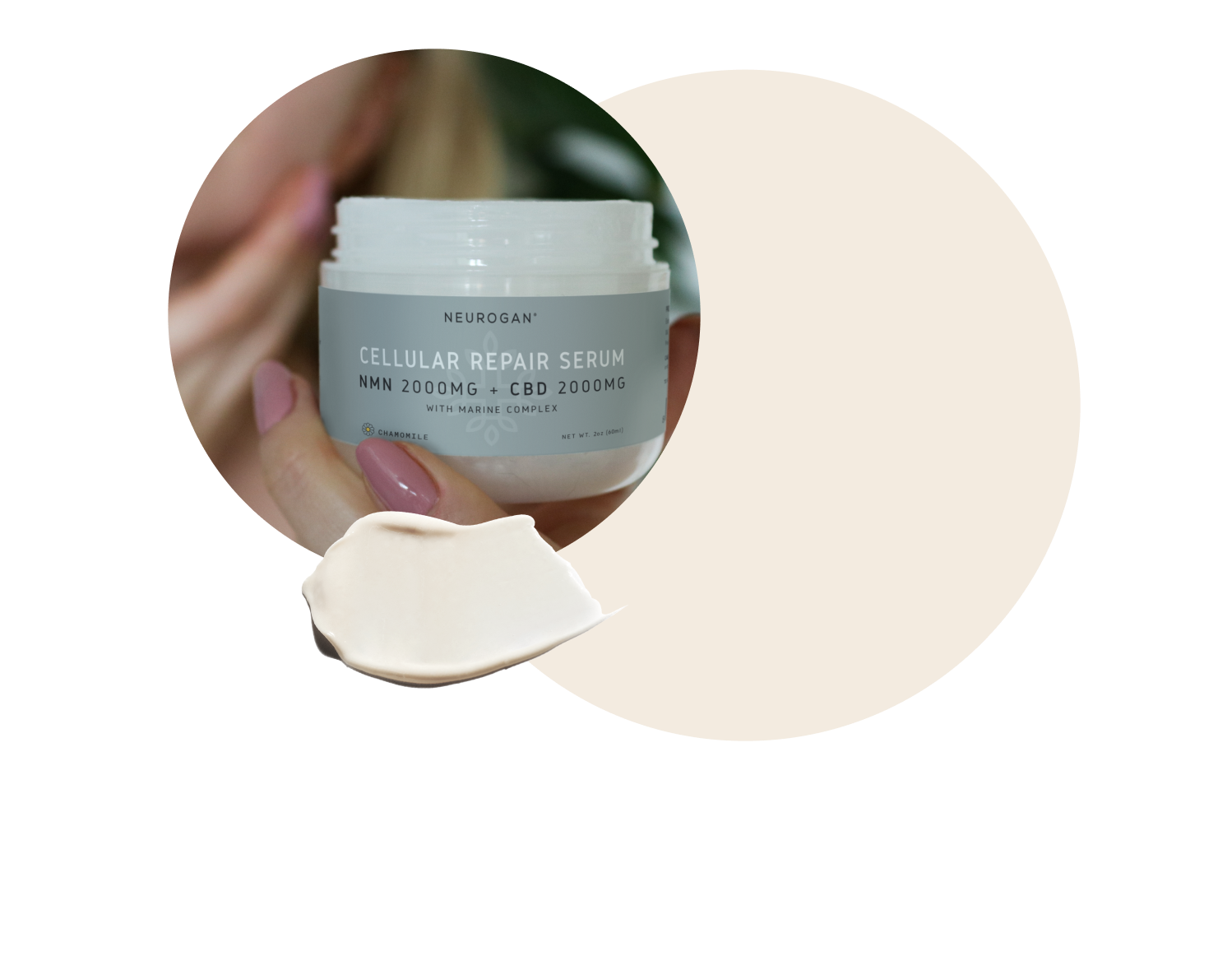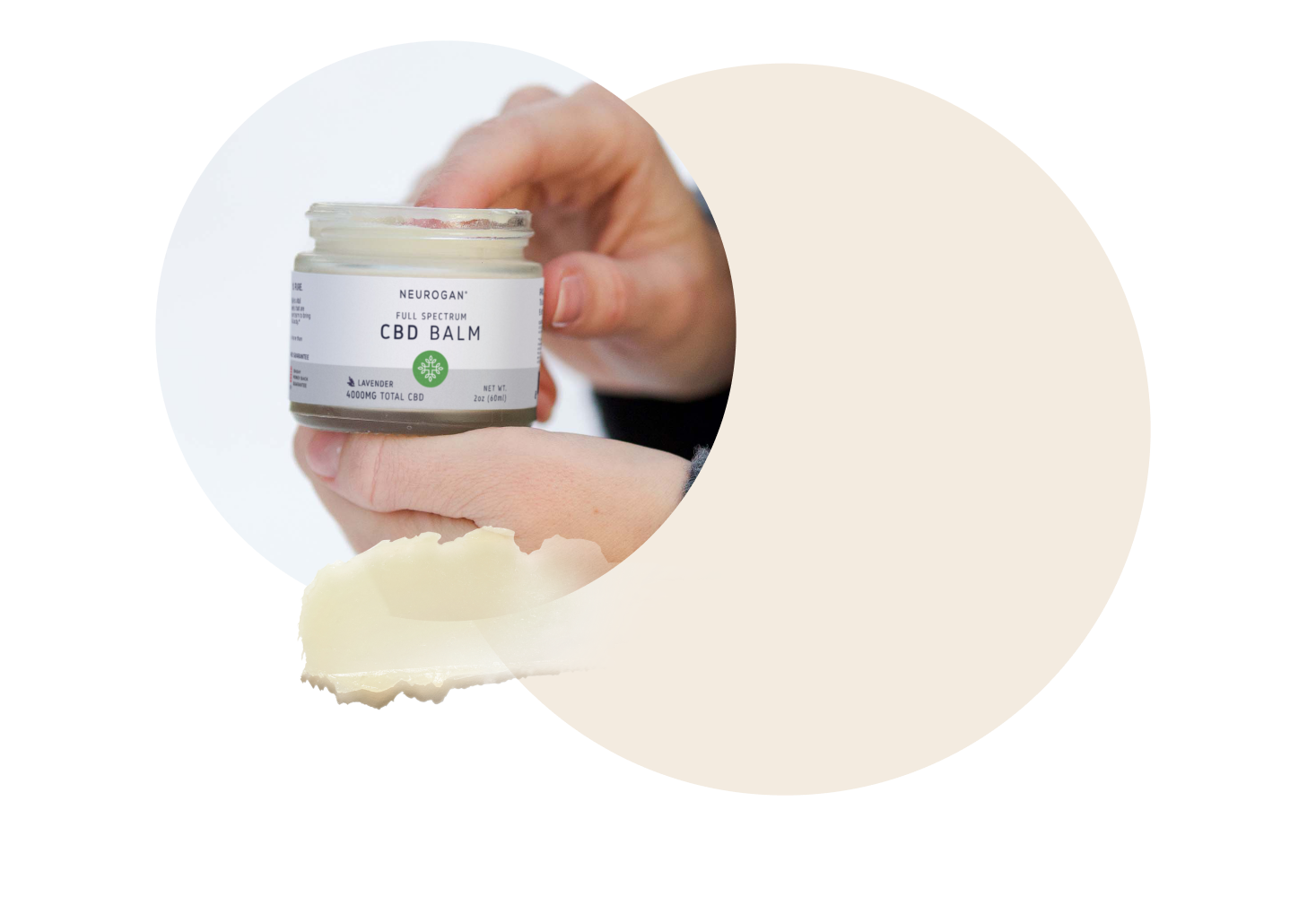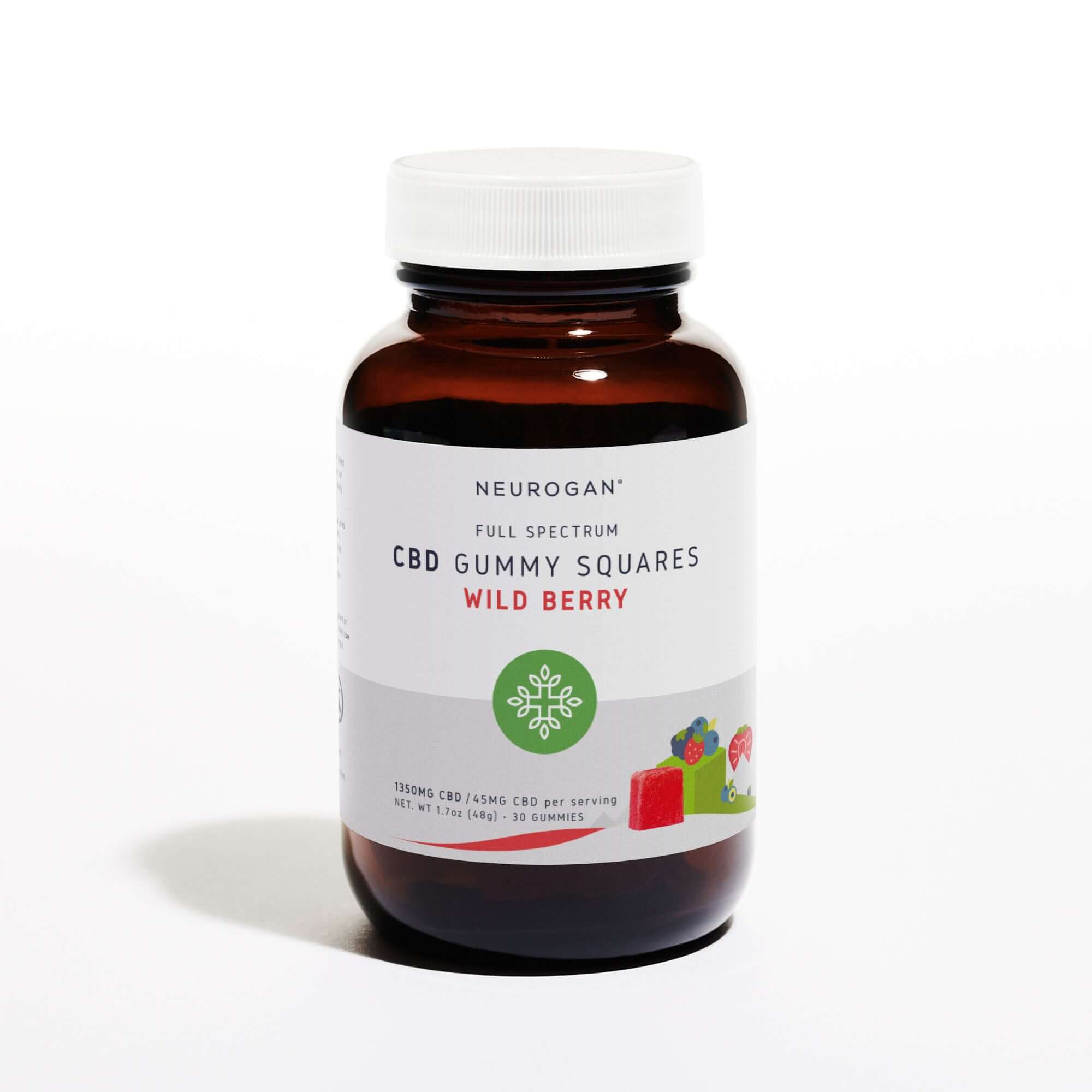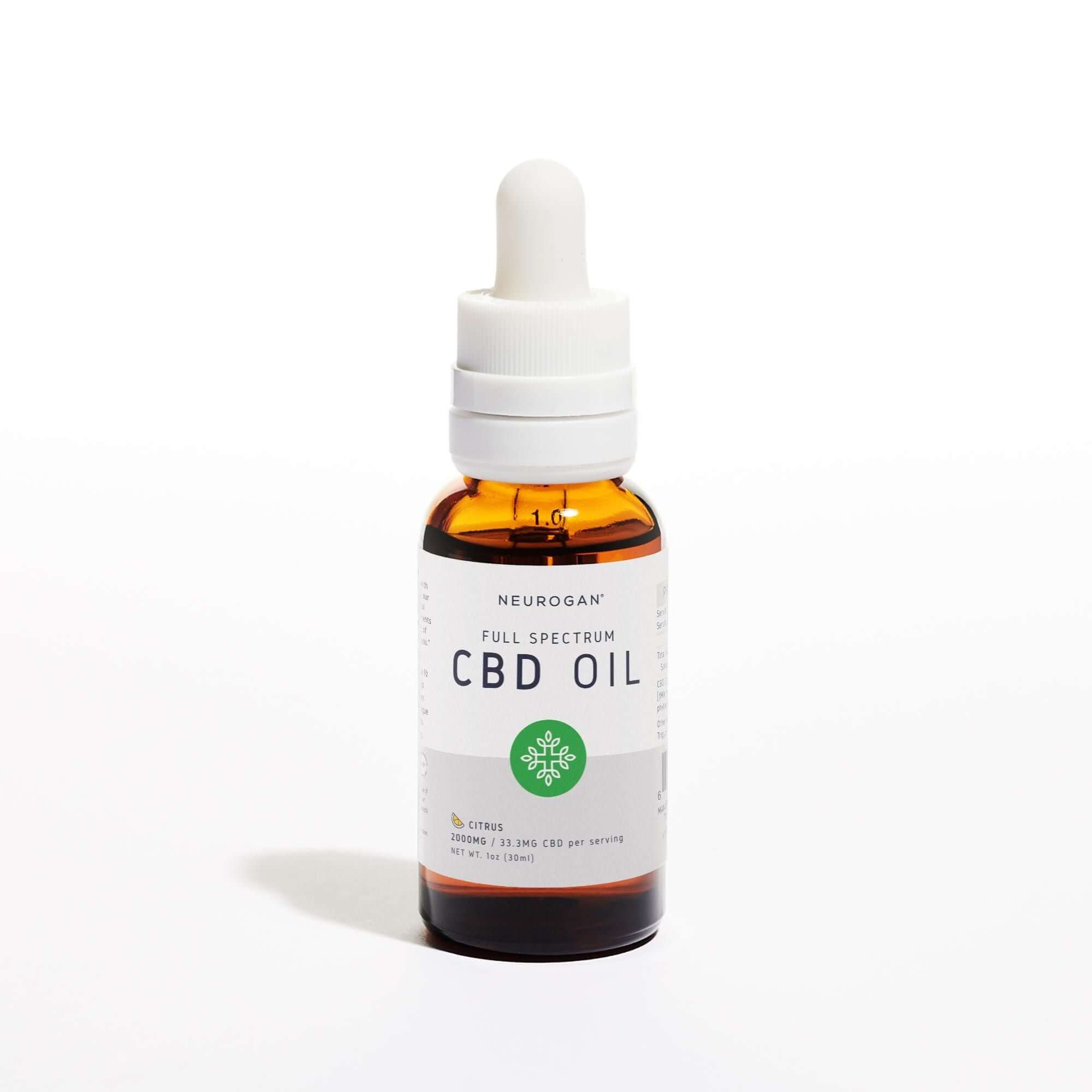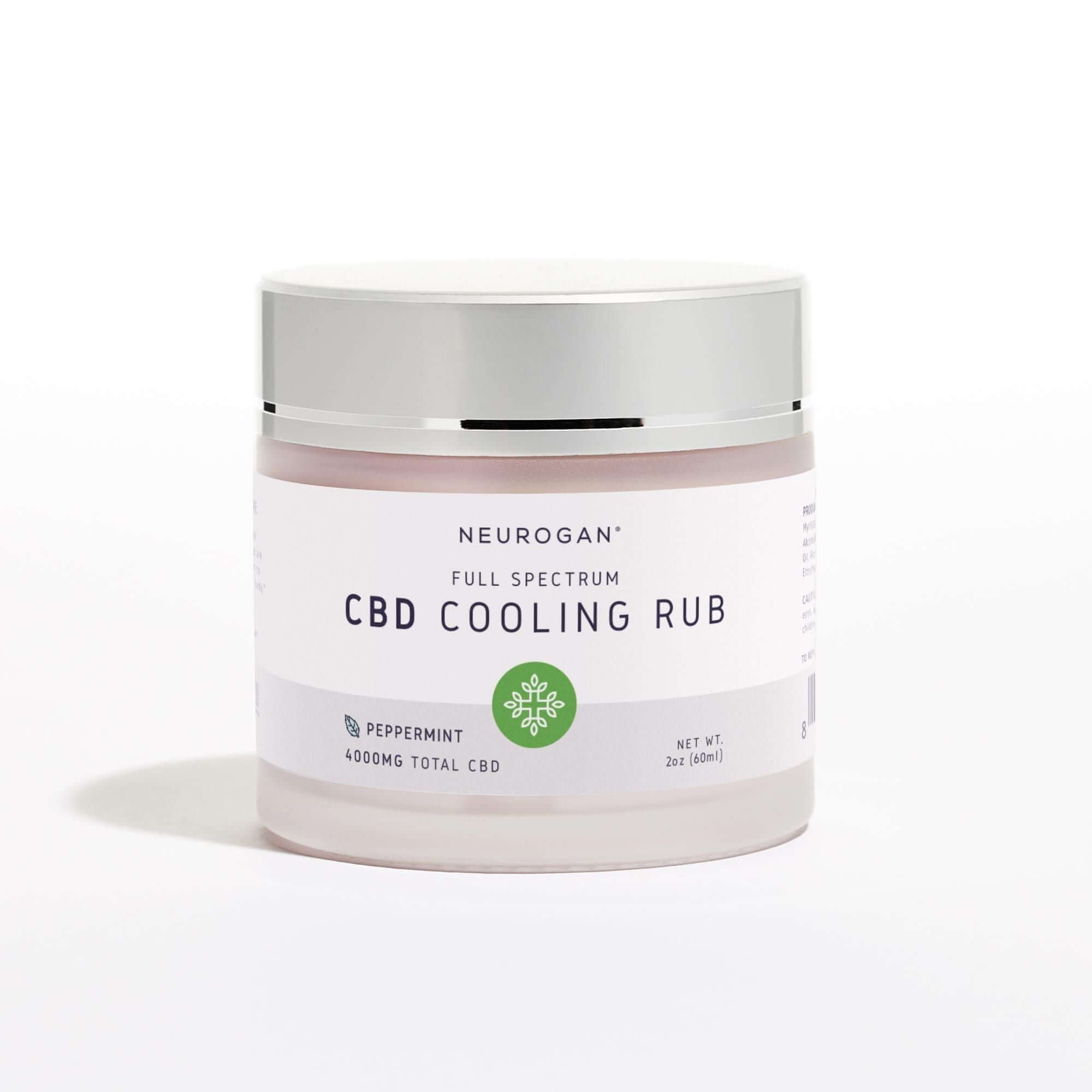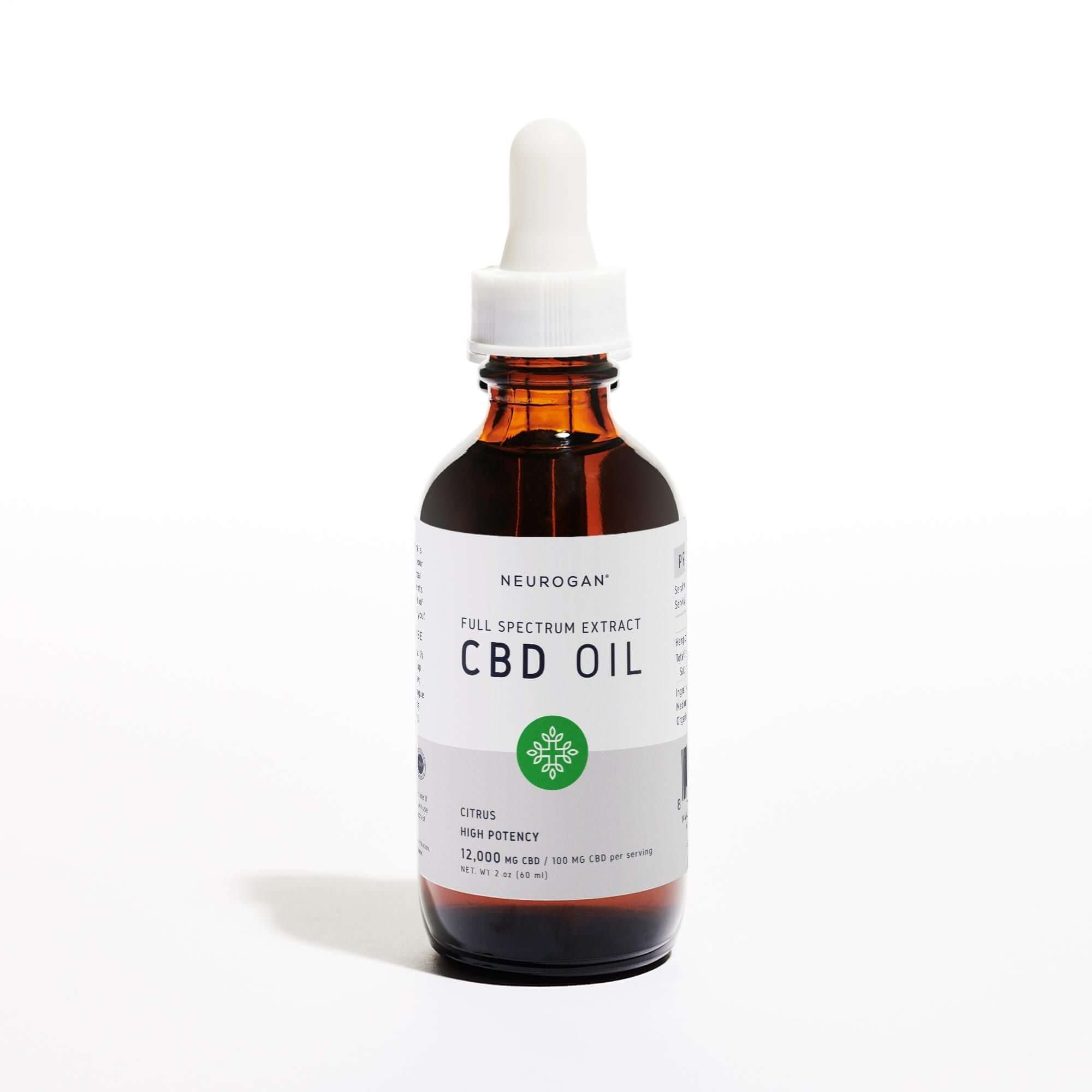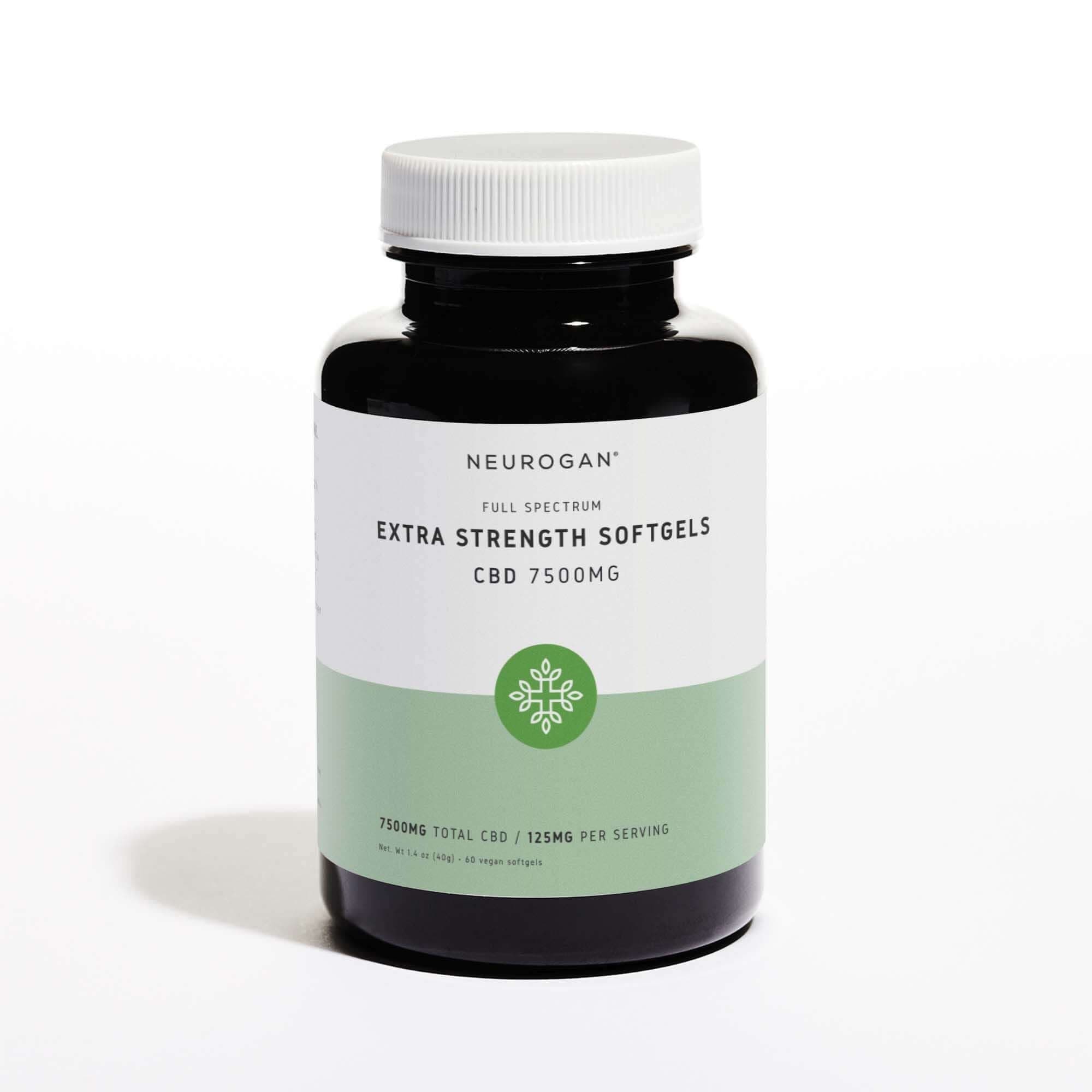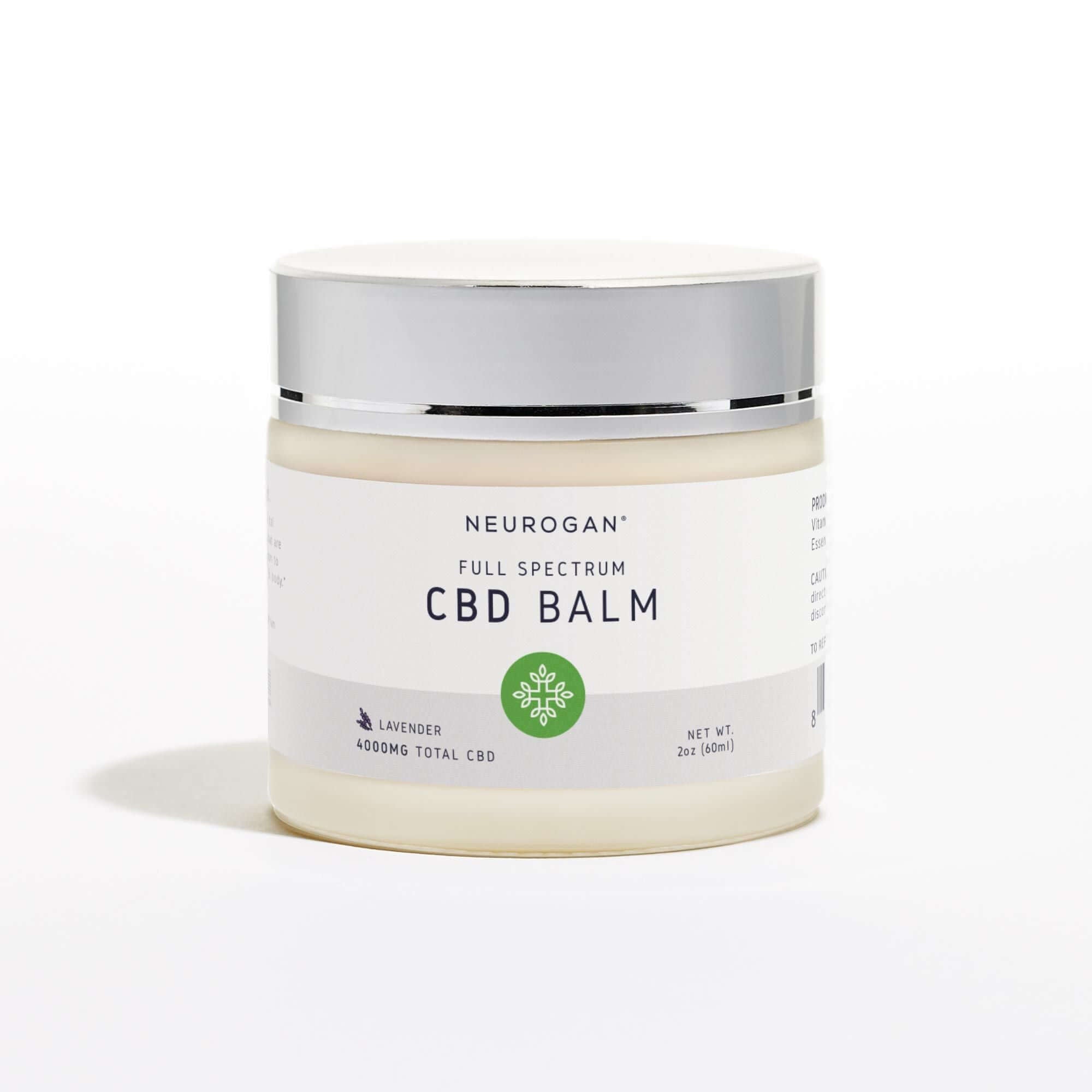Skincare
Protecting skin functions • Skin is a large and complex organ. Cell damage can result in reduced barrier function and increase signs of aging. CBD is able to penetrate skin cells and balance oxidative stress providing a protective & anti-aging effect in your skin. Explore more →
Filter and sort 6 products
 2018 Farm-Bill Compliant
2018 Farm-Bill Compliant 2018 Farm-Bill Compliant
2018 Farm-Bill Compliant 2018 Farm-Bill Compliant
2018 Farm-Bill Compliant
Exploring the topic:
The Benefits of Using CBD Skincare
Combat Premature Aging
Soothing Sensitive Skin
What Our Customers Are Saying
Finding The Perfect Dosage
Choosig Cannabinoid
Modes of Administration
Determine Effective Dosage
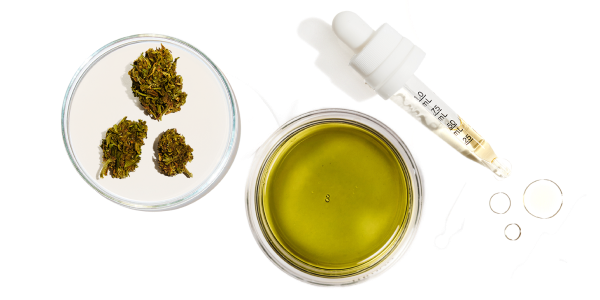
The Science of CBD
